Wild Bastards: A Character-Driven Adventure That Struggles to Find Its Rhythm
- 23-09-2024
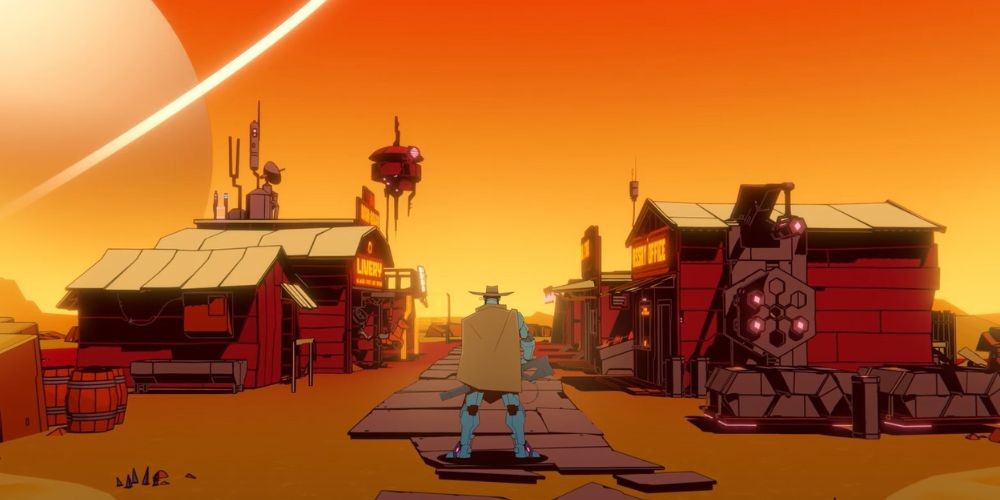
In the continually changing environment of video gaming, developers consistently seek unique blends of genres to capture players' imaginations. Blue Manchu's latest offering, Wild Bastards, attempts to weave together a tapestry of rogue-lite elements, first-person shooting, and social dynamics reminiscent of board games. However, despite the intriguing premise, this venture is met with several conflicting design choices that hinder its potential. This article explores the various aspects of Wild Bastards, dissecting its structure, gameplay mechanics, character dynamics, and overall player experience.
Genre Fusion at Its Best?
Wild Bastards strives to be a hybrid of different gaming genres, intertwining first-person shooting with tactical RPG elements and social mechanics. While such genre amalgamations can lead to groundbreaking experiences, they often invite the risk of dilution, where ideas fail to coalesce effectively. In Wild Bastards, this blending results in some unique interactions, but not without substantial drawbacks.
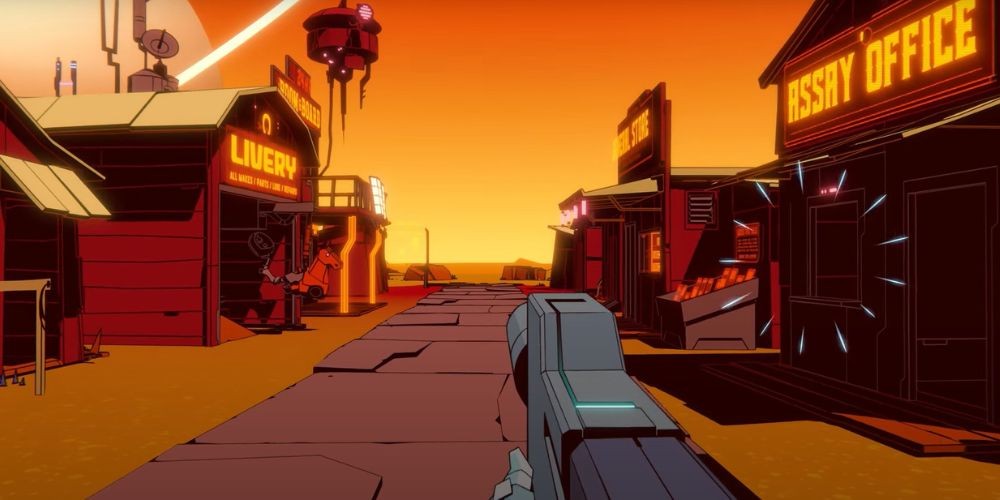
Exploring the Characters
At the heart of Wild Bastards is its colorful cast of 13 unique characters, each boasting their own weapons, upgrades, and special abilities. Players are invited to experiment with these outlaws, unveiling their potential while traversing the stars. However, the the extensive range of alternatives contributes to a convoluted decision-making process, taxing for newcomers and less engaging for veterans.
Structured Chaos
Each "run" consists of a series of missions aimed at rescuing former comrades, framed within a procedurally generated galactic structure. Players navigate different sectors, mirroring the strategic route planning akin to games like FTL. Unfortunately, the progression can be overly linear, diluting the sense of exploration with predictable outcomes and sporadic events that rarely pique interest.
The Battle Mechanics
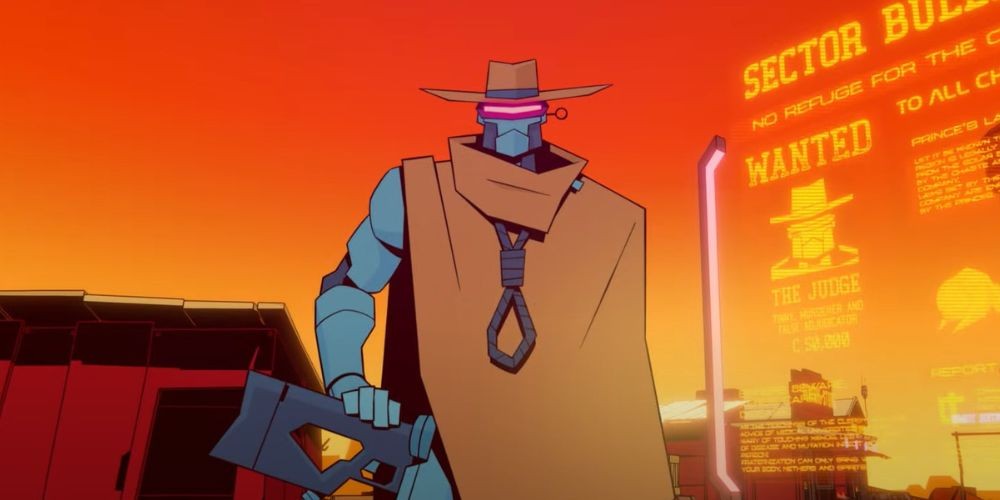
The excitement of engaging in combat is one of the game's primary attractions. Wild Bastards presents players with arena-style battles on various planets, where they assume control of their chosen outlaws for brief intervals. However, these encounters often feel rushed, lacking the urgency or tension that defines more polished competitive experiences.
Card-based Leveling System
A fascinating twist to character progression is the card-based system integrated during planet exploration. Players gather cards representing upgrades for their characters, which are divided into three categories: ace, core ace, and charged ace. This mechanic adds a layer of strategy, although it can also complicate character development without allowing complete mastery.
Diverse Abilities and Playstyles
Character abilities play a significant role in shaping gameplay, offering unique tactics for each outlaw. For instance, Sarge may provide protective boosts, whereas Hopalong ensnares enemies with a lasso. This mix encourages participants to adjust their approaches according to the available roster, even if some abilities could feel uninspired or overly simplistic.
Camaraderie and Rivalry
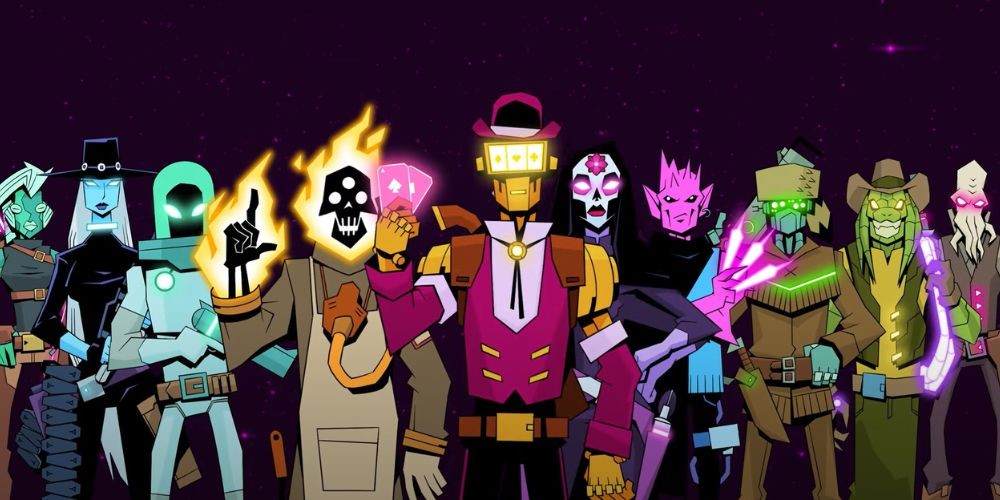
The relationship dynamics between characters introduce an intriguing layer to the gameplay, presenting opportunities for friendship and conflict. The potential for relationships to evolve can enhance gameplay, but the system feels underdeveloped. Resolving disputes often comes down to trivial methods, detracting from the potential emotional weight connected with the characters.
Repetitions and Limitations
A key flaw in Wild Bastards is the repetitive nature of its mechanics and level design. Often, missions turn into a cycle of brief fights and predictable outcomes, failing to maintain players' engagement. While unique character dynamics were introduced, they quickly become stale under the weight of the game's structural limitations.
Comparative Analysis with Void Bastards
As a spiritual successor to Void Bastards, expectations ran high for Wild Bastards. However, while Void Bastards thrived on its quirky style, an engaging narrative, and memorable voice acting, Wild Bastards struggles to make a lasting impression. Character interactions feel shallow, and the overarching narrative lacks coherence, resulting in a forgettable experience.
Voices of the Characters
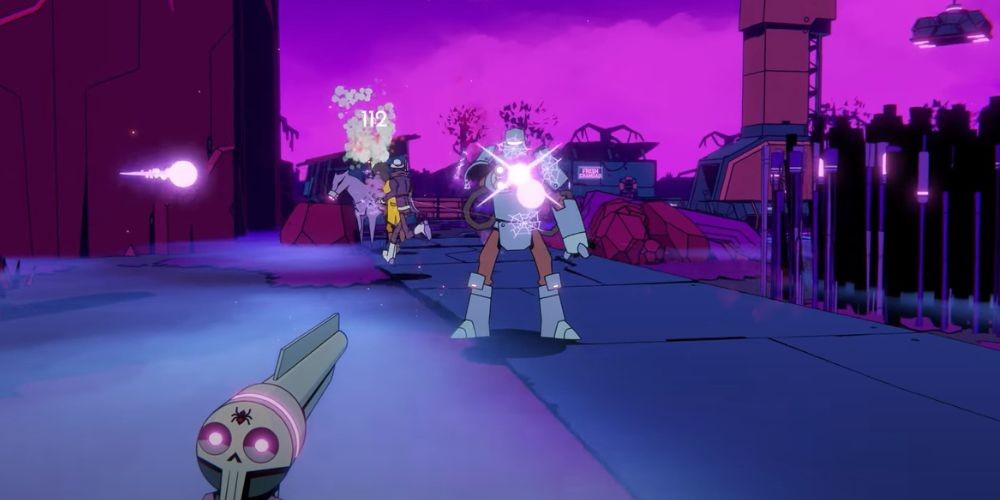
While voice acting adds a layer of charm, Wild Bastards can’t escape the overshadowing sense of forgettability that permeates the game. Moments of humor and unique quips are rare, further diminishing the depth in character relationships, leaving players yearning for more personality beyond just their abilities.
Visual and Auditory Aesthetics
While gameplay mechanics take center stage, it's essential to consider the visual and auditory presentation of the game. Wild Bastards employs a vivid art style, complimented by engaging soundtracks and effects. Although visually appealing, these elements cannot solely uplift gameplay that frequently falters.
Balancing Complexity and Accessibility
One of the pressing issues facing many roguelikes is striking a balance between complexity and accessibility. Wild Bastards, unfortunately, falls into a pit of overwhelming information, making it difficult for newcomers to authentically enjoy the experience. Simplicity often gives way to convoluted mechanics, leading to frustration instead of fun.
Potential for Future Growth
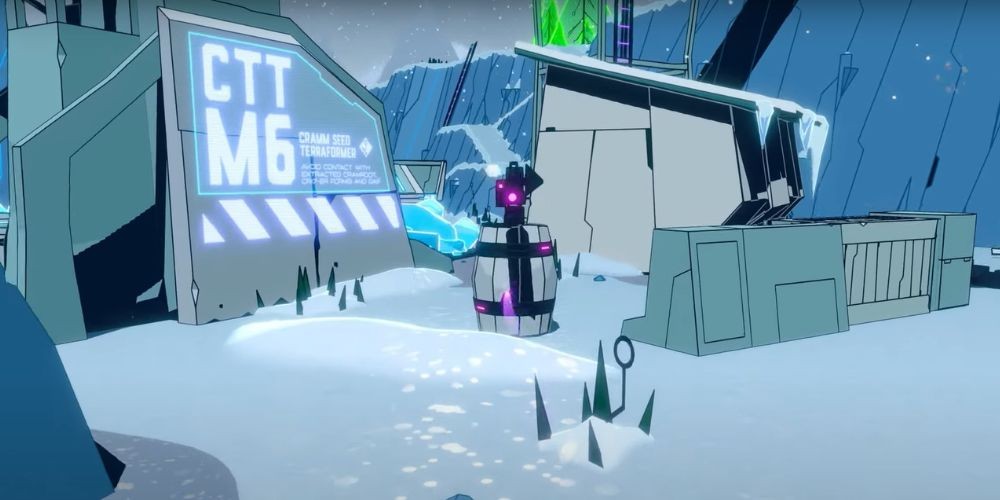
Despite its shortcomings, Wild Bastards shows potential through its innovative concepts and core gameplay mechanics. Its attempts to blend diverse genres and appeal to various player tastes hint at the possibility of a stronger sequel or an update that could preserve the best elements while addressing critical flaws.
A Call for Innovation
The gaming world has an insatiable appetite for unique experiences. As developers like Blue Manchu continue to experiment with genre fusions, the call for innovative design becomes ever more pressing. Wild Bastards indicates the direction of these developments, but it's equally a reminder that execution is crucial to transforming lofty ideas into memorable experiences.
Conclusion: A Missed Opportunity
Wild Bastards sets off with a promising premise, merging battle mechanics and rich character potential within a rogue-like framework. Yet, conflicting design choices hinder its journey, leading to a forgettable experience marred by repetition and shallow character dynamics. As the landscape of roguelites continues to expand, the opportunity for improvement remains ripe — perhaps paving the way for a title that combines the quirky spirit of its predecessor with a clearer, more cohesive design strategy.